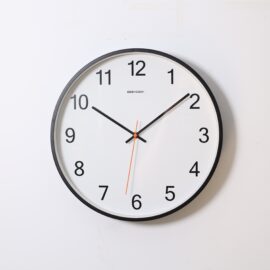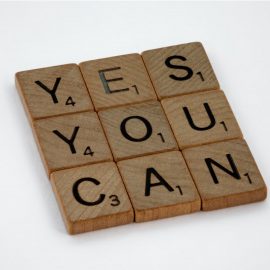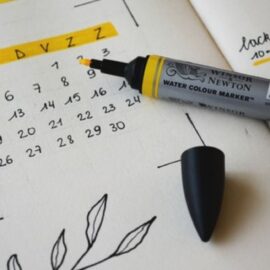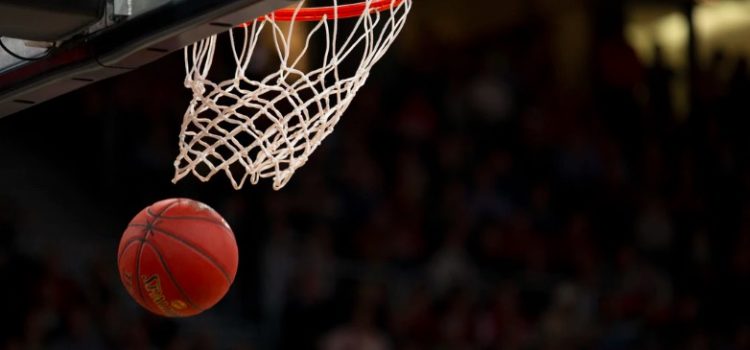
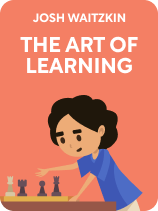
This article is an excerpt from the Shortform book guide to "The Art of Learning" by Josh Waitzkin. Shortform has the world's best summaries and analyses of books you should be reading.
Like this article? Sign up for a free trial here .
How do athletes achieve peak performance states? What are the two ingredients required to reach your peak performance?
According to Joshua Waitzkin, the key to performing at your peak is to refine your skills until they flow seamlessly, intuitively, and effortlessly. Once you’ve reached such technical automaticity, you’ll be able to access enhanced perception as your brain will be able to process more information with less effort.
Learn about the two ingredients for enhanced perception, according to Josh Waitzkin.
The 2 Ingredients for Enhanced Perception
When you’ve refined your skill to automaticity, you’ve grown so sensitive to the minutiae of the techniques that time seems to slow down. Punches seem to come in slow motion, because you’re intimately aware of every subtle movement—the shift of weight that telegraphs it, the opponent’s breath in to prepare, the shifting forward of his shoulder, and so on.
How do you consistently “slow down time” and achieve peak performance states on demand? There are two ingredients.
Ingredient #1: Relaxed, Focused Presence
The first ingredient is a relaxed, focused presence that allows the unconscious mind to navigate your network of techniques and deploy them without conscious thought. Waitzkin argues that performing from instinct requires balancing conscious presence with unconscious, intuitive action.
When you’re building your network of chunks, you’ll eventually reach a point where the layers of principles and patterns become too complex to consciously navigate. For example, think of spoken language. There are simply too many things to consciously consider—word choice, grammatical patterns, tone of voice, meaning and subtext—and everything changes depending on the context (you’ll speak differently to your grandma than to your friends, or to strangers).
So, Waitzkin says, you have to rely on your unconscious mind to make sense of the information, and to effectively act. With language again, we’d struggle if we had to consciously consider every principle that governed every sentence we spoke. But we don’t—we all speak from deeply instilled linguistic intuition.
(Shortform note: While much of the information about the complex, contextual relationships between the elements of a skill is implicit, Nora Bateson of the International Bateson Institute has attempted to name the conundrum with her concept of warm data. Warm data refers to that messy, ever-changing information that depends on context. In chess, any position involves layers upon layers of context-specific information: how the pieces could and should move given the opponent’s pieces; which principles may apply, and which may not; and how the situation could evolve from its present form. Bateson’s mission is to figure out how to generate and study this fuzzy, intangible data.)
To navigate by intuition in high-pressure situations, Waitzkin says you need to relax your conscious mind and allow the mental chatter to recede. This state allows your conscious and unconscious minds to work in tandem. He describes it as follows:
- First, you consciously direct your attention to the problem.
- Then your unconscious takes it in, processes it, and offers up creative solutions to the problem.
- Then you consciously evaluate those solutions and hash out practical details.
Say you’re writing, and you need to articulate a complex idea. Instead of trying to consciously work it out, you simply relax, wait, and let your intuition surface the right words. Then you consciously handle the practical details, like typing it out, adjusting punctuation and phrasing, and so on.
(Shortform note: In Thinking, Fast and Slow, Daniel Kahneman casts light on Waitzkin’s ideas about the conscious and unconscious. Roughly, Kahneman’s System 1 mode of thinking corresponds to Waitzkin’s notions of the creative unconscious; System 2 corresponds to conscious deliberation. System 1 operates on heuristics: Making quick, intuitive judgments based on limited information. It can often err—intuition isn’t infallible. But if you’ve developed it through committed practice, intuition is likely better than System 2 in high-stakes competition, because you can’t stop to calculate your next move when a fist is flying toward your face.)
Ingredient #2: Deeply Refined Skills
The second ingredient is a deeply refined repertoire of skills, grounded in fundamentals and developed according to your personal style. Building up a network of interwoven chunks yields an instinctive grasp of the skill.
(Shortform note: We all have one such repertoire: Our language skills, which comprise a deep, complex network of words, grammatical patterns, semantics and pragmatics, and so on. Each of us has personal language skills, called our idiolect. Your idiolect is the specific set of vocabulary, grammar, and pronunciation that’s particular to you. In a sense, we could say that you develop an “idiolect” for non-linguistic skills, too, whether it’s piano, gymnastics, skiing, or whatever else. In other words, you could model your skill as a layered, cascading network of patterns that go from simple to complex.)
When you have a deeply refined network of chunks for some skill, your unconscious mind does most of the processing. Those circuits fire automatically, and that frees up your conscious mind for navigating the present situation (like managing unexpected changes, unfamiliar tactics, or acting on your own creative ideas).
Because of this efficient back-end processing, you consciously experience things in more detail with less effort. Think of a video slowed down to one frame per second—that’s a decent approximation of the experience as Waitzkin describes it.
(Shortform note: Jason Haaheim, timpanist of the Metropolitan Opera Orchestra, argues that deep practice leads to enhanced perception in music. He says that through thousands of hours of practice, musicians develop the ability to perceive more information than laypeople hearing the same music. Due to this ability, he’s able to judge whether an audition tape is up to standard within the first few bars. He perceives a flood of subtle information about the musicians’ skill, ranging from rhythm, timing, intonation, and smoothness. Similar to how Waitzkin sees more with less effort in tai chi, Haaheim hears more with less effort in music.)
So in a wrestling match, for example, you would perceive all your opponent’s subtle motions in great detail. When they start to lunge you’d notice the tiniest initial telegraph: How they shift their weight, the movement of their eyes, an inhalation that telegraphs the attack. To the untrained eye this is indecipherable, but a master reads their opponent as effortlessly as you read this text.
According to Waitzkin, the ability to operate on this level of deep, subtle perception is essential to becoming a strong competitor. If your opponent perceives the fight more efficiently than you, they’ll be able to exploit your lesser awareness and send you packing.
(Shortform note: In The Book of Five Rings, legendary samurai Miyamoto Musashi distinguishes between sight and perception. In short, to see is to merely notice without separating important details from unimportant ones. In contrast, to perceive is to keep your gaze broad yet focused, picking out the most salient details of a situation—telling movements of the opponent’s sword, important details of the landscape, changes in his “spirit” or energy, and so on. This reflects Waitzkin’s descriptions of enhanced perception, where he explains how he’s able to perceive and adjust to microscopic nuances in the heat of competition.)

———End of Preview———
Like what you just read? Read the rest of the world's best book summary and analysis of Josh Waitzkin's "The Art of Learning" at Shortform .
Here's what you'll find in our full The Art of Learning summary :
- Life advice from chess prodigy and tai chi World Champion Josh Waitzkin
- Detailed looks at the psychological and technical sides of skill-building
- How to build any skill from the bottom-up


